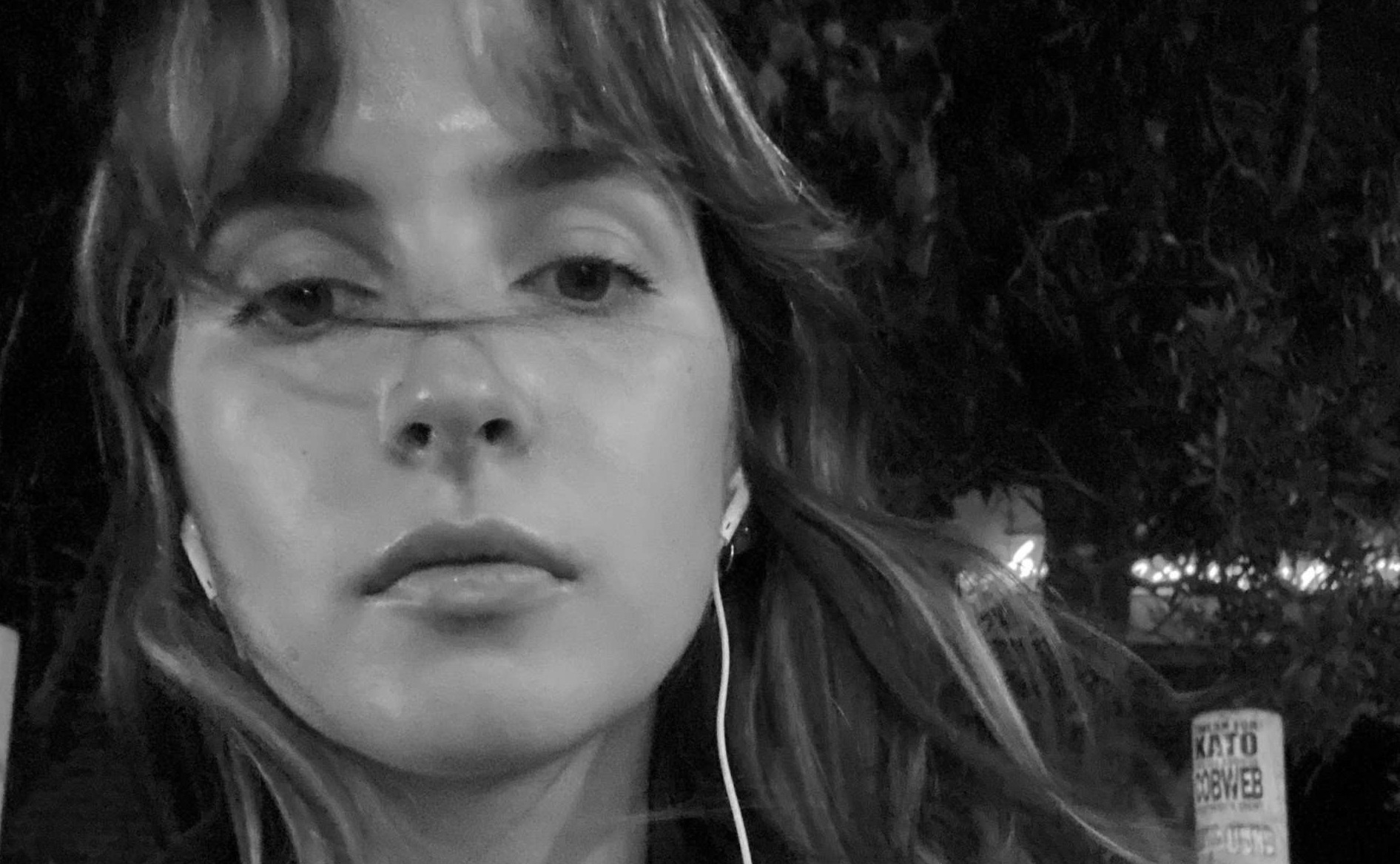
var expectations;
var doubts;
var attempts;
function preload( ) {
expectations = loadStrings(“perfection.txt”);
doubts = loadStrings(“extensive.txt”);
attempts = loadStrings(“trytobeenough.txt”);
}
The kind of learning I’ve been engaging in has left me not knowing the names of things, or forgetting them unless I am using them at that moment. There is so much I don’t know and the act of coding is facing that lack again and again. My notes show this grasping.
According to Taeyoon Choi ‘learning how to work through a problem is way more important than doing it the “right way.”’ Persisting despite a lack of knowledge, perfection, or fluency is essential to learning anything. I can’t imagine approaching a project or a lesson without room for all the wrong ways I try myself into results.
I’ve learnt that doubting myself in one form is exactly the same as doubting across several forms of expression – the only difference being if the doubt gets too heavy while writing a poem I’ll switch to my code. If my code has too many errors, I’ll research interesting vocab. This revelation felt restorative for someone like me, who wants to be everything for everyone (and hides from the world when I can’t be). I had been waiting for someone to tell me it was okay to pursue multiple things at once, even if I failed at them all, even if none of these pathways would bring stability or a career. Sometimes you just need to be reminded that it’s okay to learn new things, and it’s okay to be shit as long as you’re enthused by the process.
I killed my maths brain when I was sixteen and never looked back. I’m not saying I regret this, but I think I’d have less trouble solving errors in my code if I understood basic maths. Learning that computational refers to the process of mathematical calculations as well as working with computers was disappointing for me because it felt like I’d discovered a really cool quest but found out I had to have a driver’s license to complete it. Code can be chaotic, a graveyard of math that won’t function because I haven’t understood the logic or language. I find this in my poetry too, in stanzas that seem fine but aren’t communicating properly with other stanzas in the piece. Eventually, you have to cut them or find new words.
Some words or phrases will always make more sense to me in my first languages. I write first languages, plural, because depending on whom my parents and I were surrounded by the language and dialect I heard and learnt would differ. Most of the multilingual writing I’ve done makes me feel uncomfortable because it showcases all the gaps in my vocabulary and all the silences I’ve grown up with. This work centres around family and food because that is what I have lived and known. To this day I feel like I’m trailing behind everyone in both English and Bosnian, Croatian and Serbian. I had the same education every other Australian kid did–I remember playing Kewala’s Typing Adventure – but in my mind I will never make up for the five-year head start all the other kids had in English. What’s worse, my younger self felt ashamed of this gap and as a result I neglected my first languages for years.
In my late teenage years, just before we visited family in Europe, I started reading my old language-learning books and listening to the music my cousins suggested. I inhaled my copy of Izi indigo vila, and struggled through Kradljivica Knjiga, and the first book of the Series of Unfortunate Events, Loš početak. There are words in these books that I don’t even know in English but I wasn’t reading for the story. Despite not understanding what each word meant at least I could pronounce them correctly by sounding them out slowly. I laboured over every page, hoping the effort would yield a vocabulary and access to my family’s stories.
Hoping that coding would somehow allow me to continue to appreciate my poems even after I had written them was a strong motivator to apply for Toolkits, an online course in digital writing in 2020. In ‘Nature Poem’ Tommy Pico says ‘It’s disheartening / to hear someone say “there’s no magic left”’. I’d felt stifled by the pressures of money, family, and other expectations and it had left me with little energy or appreciation for creativity. Coding brought a kind of magic back to me that was quashed due to the necessity of:
var languages; var writing; var newSkill; //Small x’s and poorly named variables, //all evidence of a continuing story
Click and move cursor to interact with the code sketch. This is best viewed on desktop.













